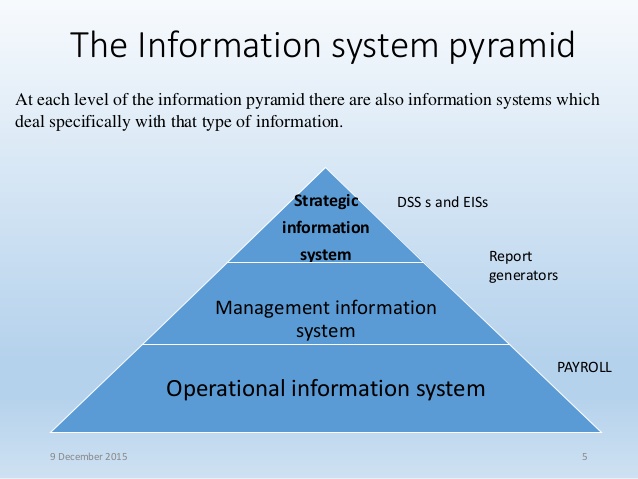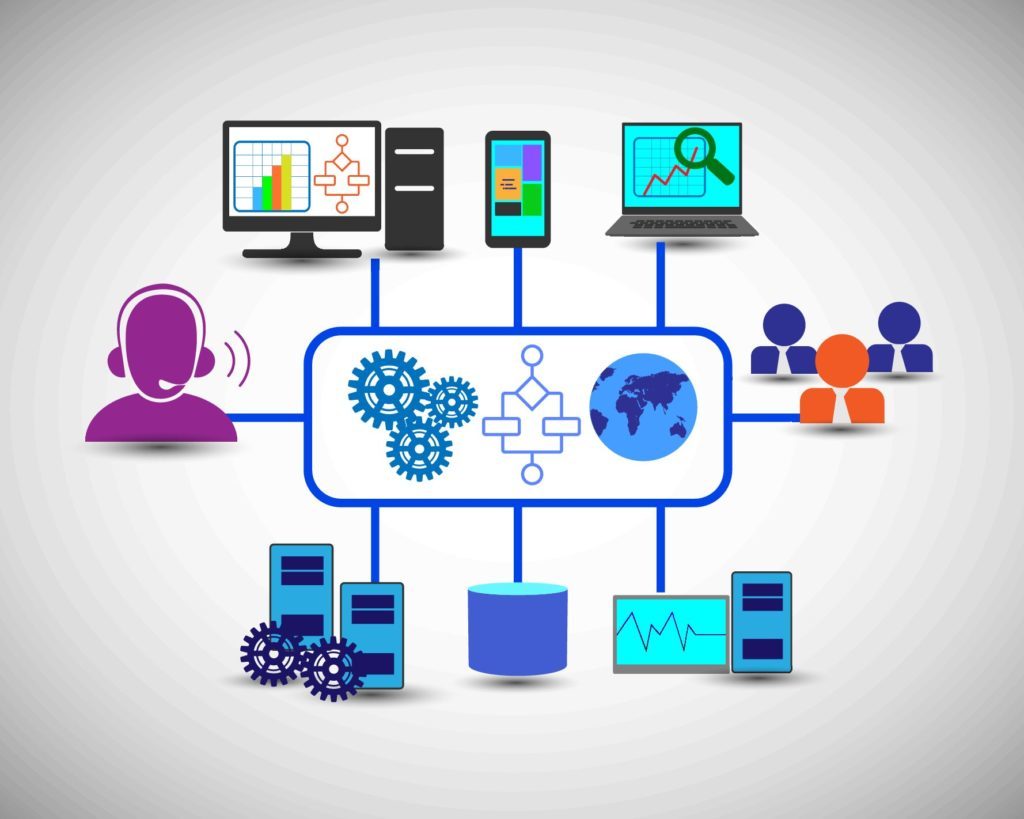

Information systems specialists who want to occupy leadership positions also need strong interpersonal communication skills. Information systems professionals often need to explain highly technical concepts to diverse audiences, including people outside their industry. Effective analytical thinking skills enable professionals to spot the differences between inductive and deductive reasoning, as well as good and bad arguments. Tacit knowledge, sometimes referred to as a "gut feeling," can mislead when tackling novel challenges. Information technology and business operations require professionals who can constantly adapt the way they think and solve problems. The following section describes a few additional hard and soft skills learned during an information systems program. Source: PayScale Skills Gained With a Information Systems Degreeīy pursuing an information systems degree, you can learn to apply quantitative data analysis techniques to enhance how companies manage their employees and financial resources, as well as how they operate daily functions and special projects. Median Annual Salary for Information Systems Careers Job Title However, an individual's earning potential varies based on their industry/employer, location, and qualifications.
#IT INFORMATION SYSTEMS PROFESSIONAL#
Additionally, the BLS reports that the median salary for an IT professional is $88,240 per year. The table below displays typical annual salaries for careers in information systems with respect to a worker's experience level.

#IT INFORMATION SYSTEMS SOFTWARE#
The rapid evolution of technology fuels this increase, as businesses seek the latest software to optimize organizational performance and protect themselves from cyberattacks. This translates into more than 500,000 new jobs, making IT one of the fastest-growing sectors in the United States. The Bureau of Labor Statistics (BLS) projects that computer and information technology occupations will grow by 11% between 20. Detail-oriented individuals with a knack for interpersonal and technical communication often thrive in the field. They need to quickly apply their knowledge of organizational processes and data analytics to solve complex problems. To succeed in computer and management information systems, new professionals must develop the ability to think critically and creatively. Because information systems experts are in high demand, these professionals can also switch jobs with relative ease. Many organizations need specialists who can gather and evaluate data, and then turn those numbers into actionable business strategies.

You can find rapidly growing and lucrative information systems careers in for-profit, nonprofit, and governmental sectors. Ready to Start Your Journey? Why Pursue a Career in Information Systems? This compensation does not influence our school rankings, resource guides, or other editorially-independent information published on this site. Featured or trusted partner programs and all school search, finder, or match results are for schools that compensate us.


 0 kommentar(er)
0 kommentar(er)
